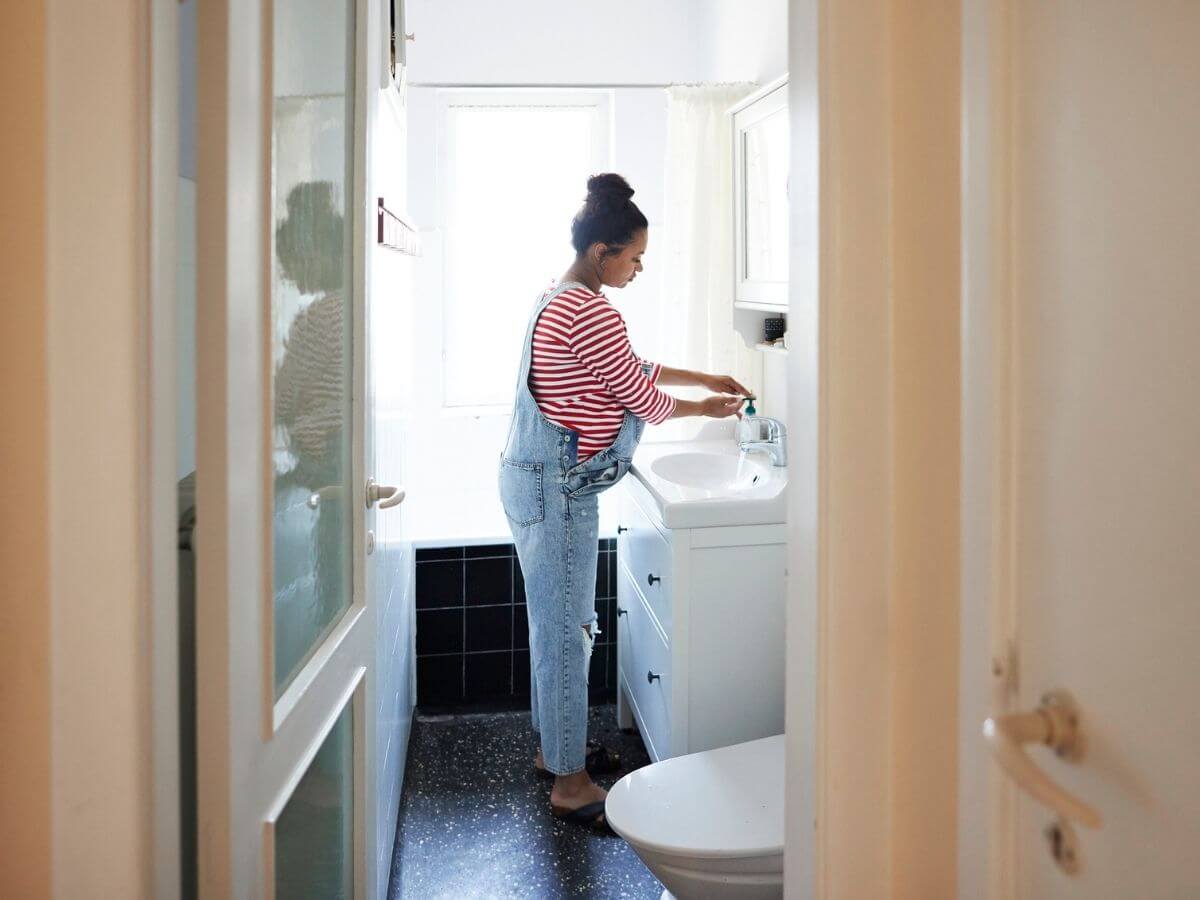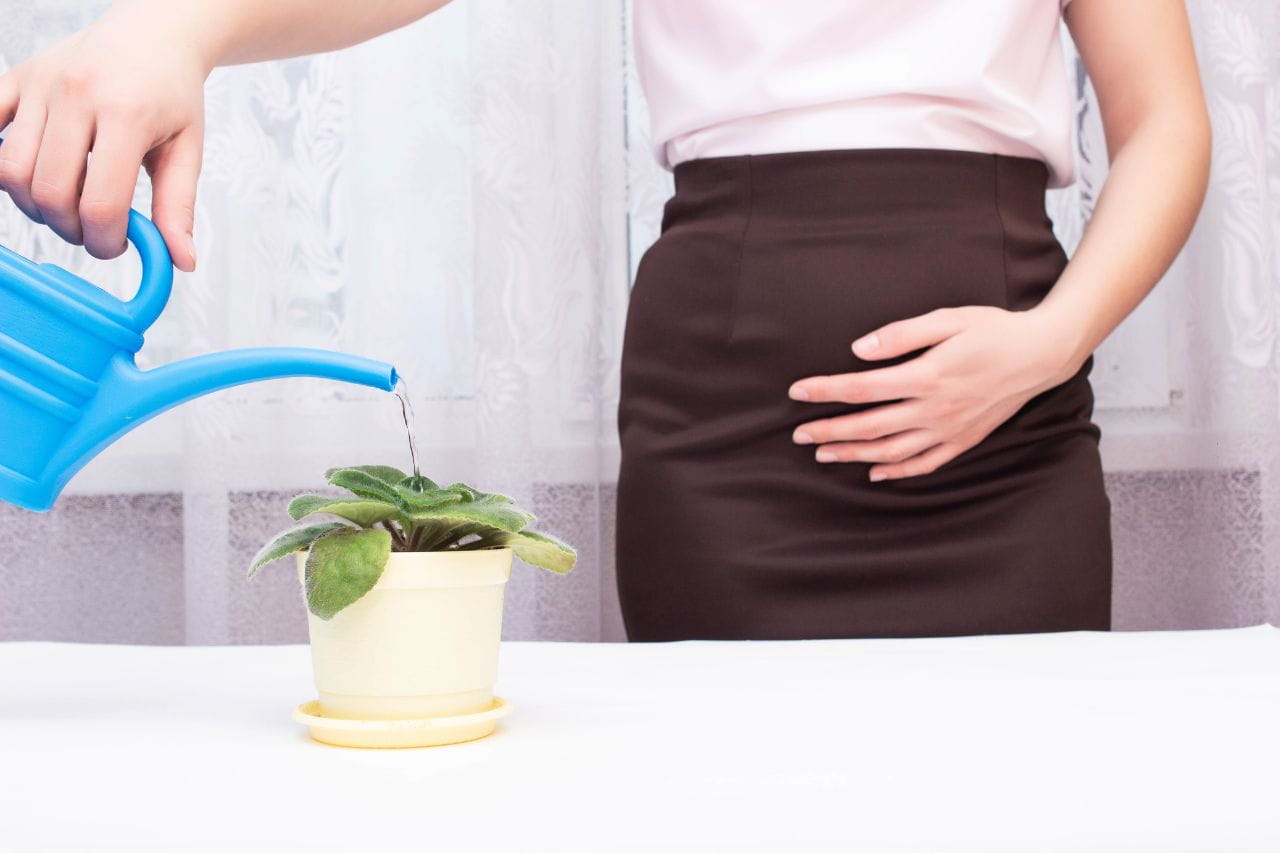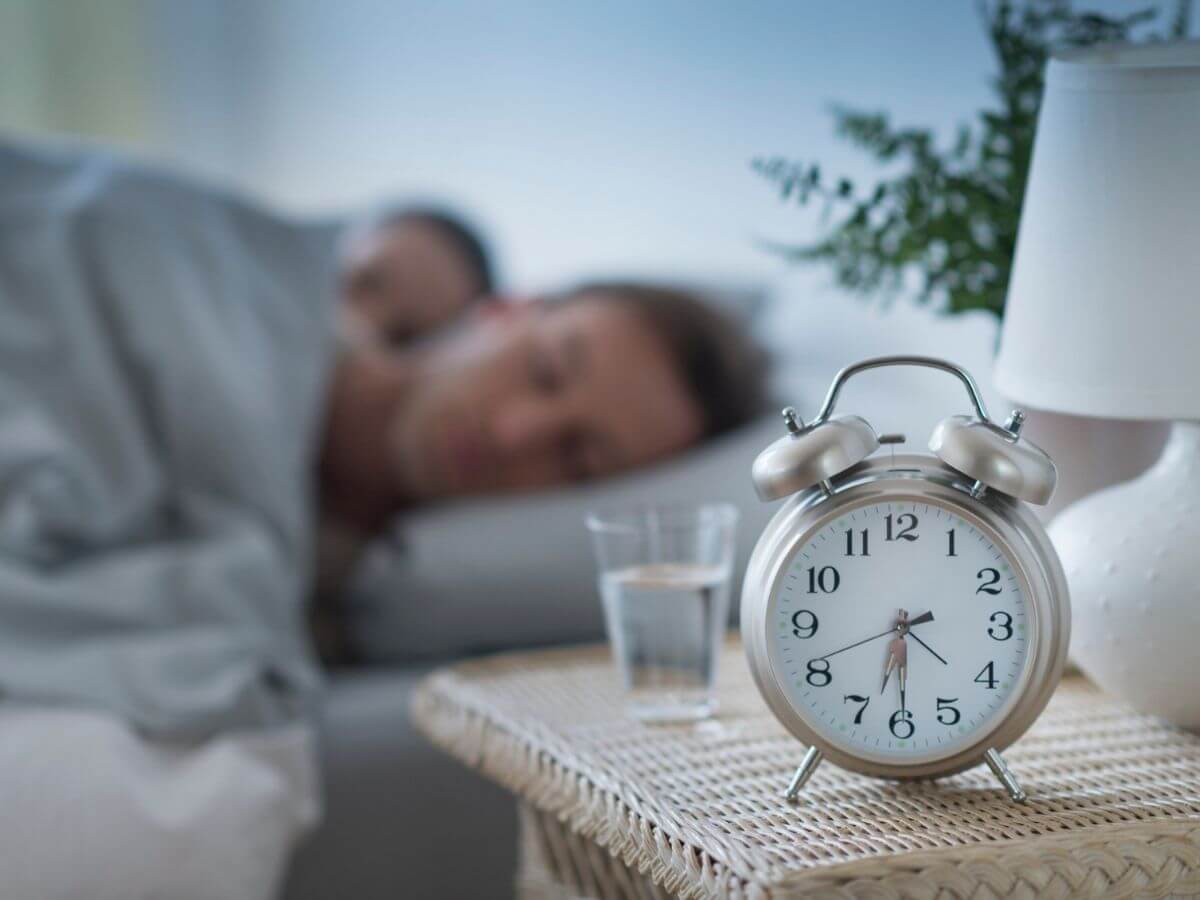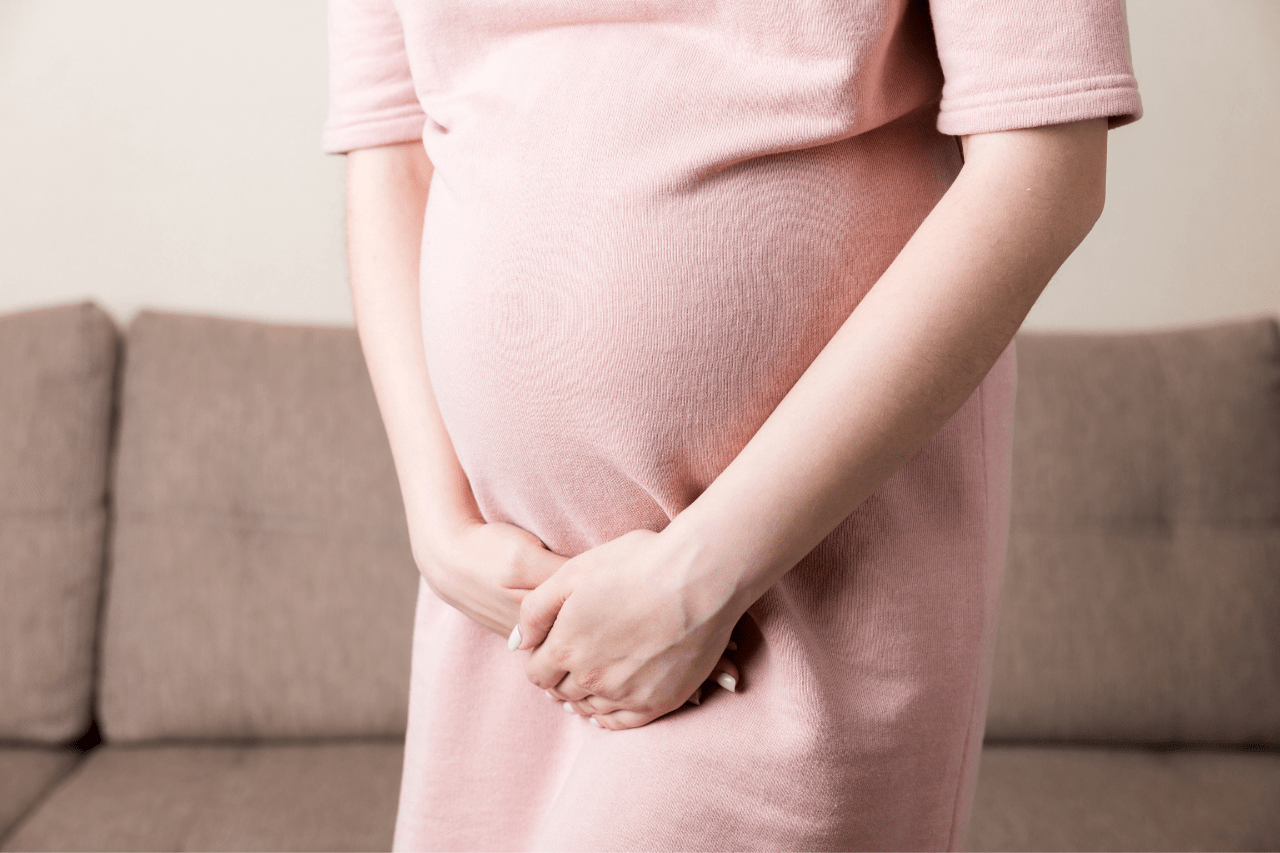What Causes an Overactive Bladder?

Overactive bladder (also known as OAB) is a condition that causes the sudden and frequent need to urinate. People with overactive bladders feel the need to urinate many times throughout the day and at night — as many as eight times per day and twice at night. This urge may be hard to control and can result in what’s called urgency incontinence — the unintentional release of urine.
Overactive bladder can be frustrating and embarrassing. If you have the condition, you may start to avoid social functions or situations where a bathroom may be hard to find. Fortunately, there are steps you can take to get control of your overactive bladder.
What’s the Main Cause of Overactive Bladder?
When the urinary system is functioning normally, the kidneys create urine which drains into the bladder. As your bladder fills, nerves signal the brain that you need to urinate. Then, muscles in your pelvic floor and the urethra relax and muscles of the bladder contract to squeeze the urine out.
With overactive bladder, contractions of the bladder muscles occur even when there’s little urine in the bladder. This causes you to feel the urgent need to urinate. People sometimes refer to this, inaccurately, as having a weak bladder and they wonder what causes a weak bladder. It’s more accurate that the bladder isn’t functioning properly, so “overactive bladder” is a better description.
What causes overactive bladder? There are several potential overactive bladder causes.
Weak pelvic muscles
Being pregnant and giving birth can stretch and/or weaken the pelvic muscles. This causes the bladder to sit lower and stretches the opening of the urethra.
Nerve damage/neurological conditions
Problems with nerve signals can affect communication between the brain and the bladder. In some instances, this results in the brain telling the bladder to empty at the wrong times. Conditions like multiple sclerosis, Parkinson’s disease, pelvic trauma, and stroke can have this effect.
Medications
Some prescription medications, such as diuretics for treating high blood pressure, have the side effect of changing the way the bladder functions. This can include causing it to fill too quickly.
Alcohol and caffeine
Alcohol and caffeine can irritate the muscles of the bladder and cause involuntary contractions. This can produce an urgent need to urinate.
Infection
Urinary tract infections (UTIs) can affect the nerves leading to the bladder. This can cause involuntary contractions of bladder muscles.
Never Miss a Beat
Get the health and wellness news that matters most delivered straight to your inbox. Subscribe to our free email newsletter to stay up-to-date on the latest news and more.
Excess weight
Being overweight or obese puts pressure on the bladder. The nerves in the bladder interpret this pressure and respond as if the bladder is full, resulting in the urge to urinate even when there’s little urine in the bladder.
Hormonal changes after menopause
Changes in hormone levels that occur after menopause can affect bladder function. In particular, estrogen deficiency can change nerve signals related to the bladder and create the sensation of an urgent need to urinate.
Existing conditions, like diabetes
Among OAB causes, diabetes is common. It can affect how the bladder functions and cause urgency issues.
Abnormalities in the bladder, like kidney stones
Tumors, bladder stones, and other abnormalities can contribute to OAB by irritating the bladder muscles and causing involuntary contractions.
Other bladder problems like enlarged prostate
Issues that affect the flow of urine out of the bladder — things like an enlarged prostate or previous procedures to address other types of incontinence — are risk factors for overactive bladder.
Aging
Cognitive decline as a result of aging can impact nerve signals between the brain and the bladder. As a result, the bladder may not function properly.
How Can I Stop My Overactive Bladder?
There are several actions you can take to address overactive bladder. They include:
- Limiting how much caffeine and alcohol you consume
- Achieving and maintaining a healthy weight
- Getting regular exercise
- Managing diabetes or other chronic conditions
- Practicing Kegel exercises, which are the tightening and relaxing of pelvic floor muscles that help tone them
If learning about overactive bladder and taking these steps to address it doesn’t provide relief, your doctor can prescribe medication that relaxes the bladder and reduces the number of episodes of urgency you experience. There also are surgical treatments for OAB if needed.
Does Drinking Water Help With Overactive Bladder
A note on overactive bladder and water intake: An understandable reaction to overactive bladder is to reduce your fluid intake. However, you need plenty of water for your body’s other systems to function properly. Consequently, you should talk with your doctor about how much water consumption is right for you.
See Your Doctor About Overactive Bladder
Overactive bladder can be treated successfully. Your Baptist Health physician can help you get relief. To find a doctor in your area, use our online provider directory.
Next Steps and Useful Resources
Find a Provider
How Can I Manage Urinary Incontinence?
Causes of Bedwetting in Adults
15 Top Reasons to See a Urologist



